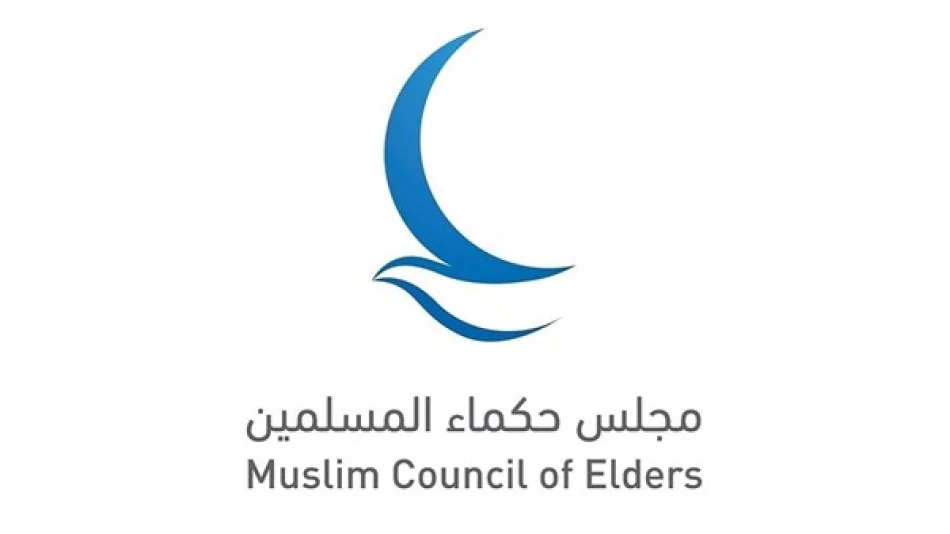
Muslim Scholars Welcome Armenia-Azerbaijan Peace Deal
Muslim Council of Elders Backs Azerbaijan-Armenia Peace Deal as Regional Game-Changer
The Muslim Council of Elders has thrown its weight behind a newly announced peace agreement between Azerbaijan and Armenia, describing it as a historic breakthrough that could reshape stability across the volatile Caucasus region. The endorsement signals broader Islamic institutional support for ending one of the world's longest-running territorial conflicts.
A Three-Decade Conflict Moves Toward Resolution
The Azerbaijan-Armenia dispute, rooted in competing claims over the Nagorno-Karabakh region, has simmered for over 30 years since the Soviet Union's collapse. The conflict has claimed tens of thousands of lives and displaced hundreds of thousands more, making it one of the most intractable "frozen conflicts" in the former Soviet space.
Previous ceasefires collapsed repeatedly, most notably after the 2020 war that saw Azerbaijan reclaim significant territory with Turkish military support. Russia's traditional role as regional mediator has weakened considerably since its invasion of Ukraine, creating space for new diplomatic initiatives.
Strategic Implications for Energy and Trade Routes
A lasting peace agreement carries profound economic implications beyond the immediate humanitarian benefits. The Caucasus serves as a critical energy corridor, with Azerbaijan's oil and gas flowing westward to European markets through pipelines that bypass Russian territory.
Energy Security Calculations
European Union officials have increasingly viewed Azerbaijan as a key alternative to Russian energy supplies. A stable peace with Armenia would enhance the security of existing pipeline infrastructure and potentially enable new transit routes, including connections that could eventually link Central Asian energy producers to European consumers.
Armenia, meanwhile, could benefit from increased trade connectivity. The country has remained largely isolated from regional economic projects due to closed borders with both Azerbaijan and Turkey, forcing it to rely heavily on routes through Georgia and Iran.
Regional Powers Recalibrate Their Positions
The peace process reflects shifting regional dynamics as traditional power brokers lose influence. Russia's military commitments in Ukraine have reduced its capacity to maintain peacekeeping forces in Nagorno-Karabakh, while Turkey has emerged as Azerbaijan's primary security partner.
Iran faces a delicate balancing act, maintaining relations with Armenia while avoiding confrontation with Azerbaijan. Tehran has historically worried that Azerbaijani nationalism could inspire its own large Azerbaijani minority, estimated at 15-20 million people.
Western Engagement Opportunities
The United States and European Union have stepped up diplomatic engagement, seeing an opportunity to expand Western influence in a region long dominated by Russia. French President Emmanuel Macron and European Council President Charles Michel have both invested significant diplomatic capital in supporting Armenia, while maintaining energy partnerships with Azerbaijan.
Implementation Challenges Remain Substantial
Despite the optimistic rhetoric, previous peace initiatives have foundered on practical implementation challenges. Key unresolved issues likely include the precise delineation of borders, the status of Armenian communities in disputed territories, and arrangements for transportation links.
Public opinion in both countries remains deeply scarred by decades of conflict. Azerbaijani society celebrates the recapture of territories it considers illegally occupied, while many Armenians view recent developments as national humiliation. Political leaders will need to manage these sentiments carefully to maintain domestic support for peace.
The involvement of religious and civil society organizations like the Muslim Council of Elders may prove crucial in building grassroots support for reconciliation, complementing government-to-government negotiations with broader social dialogue.
Most Viewed News

 Layla Al Mansoori
Layla Al Mansoori






